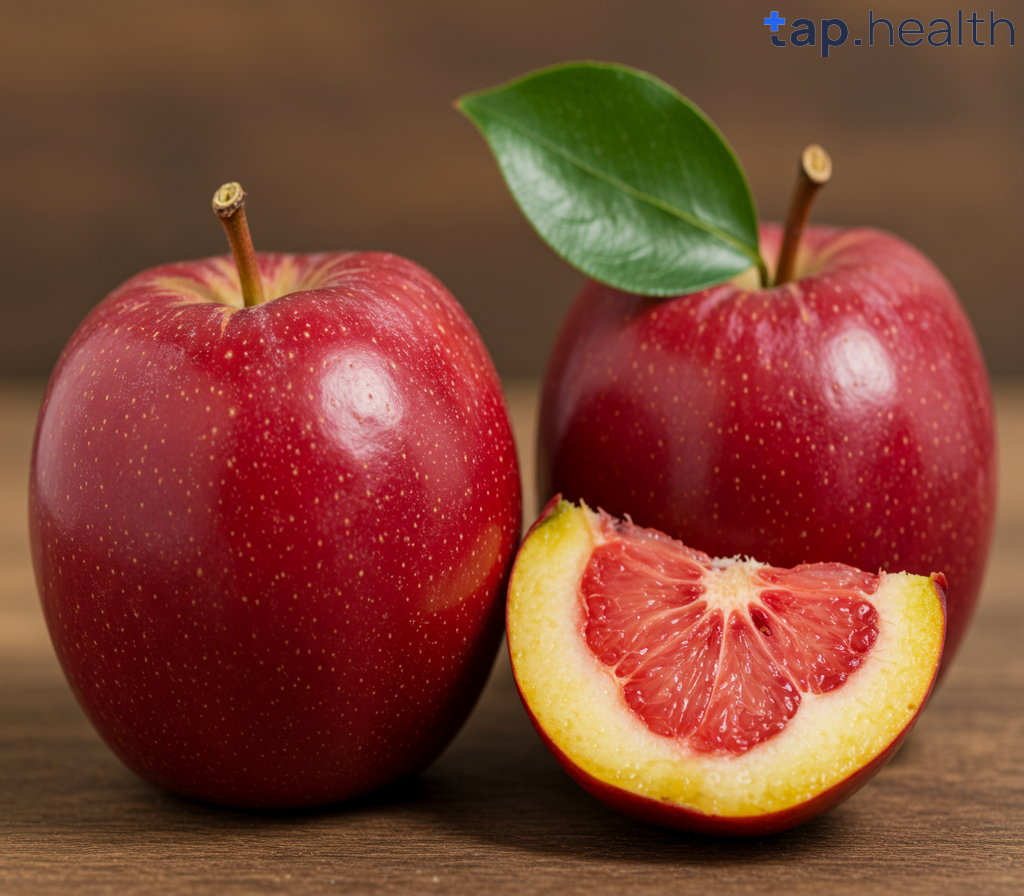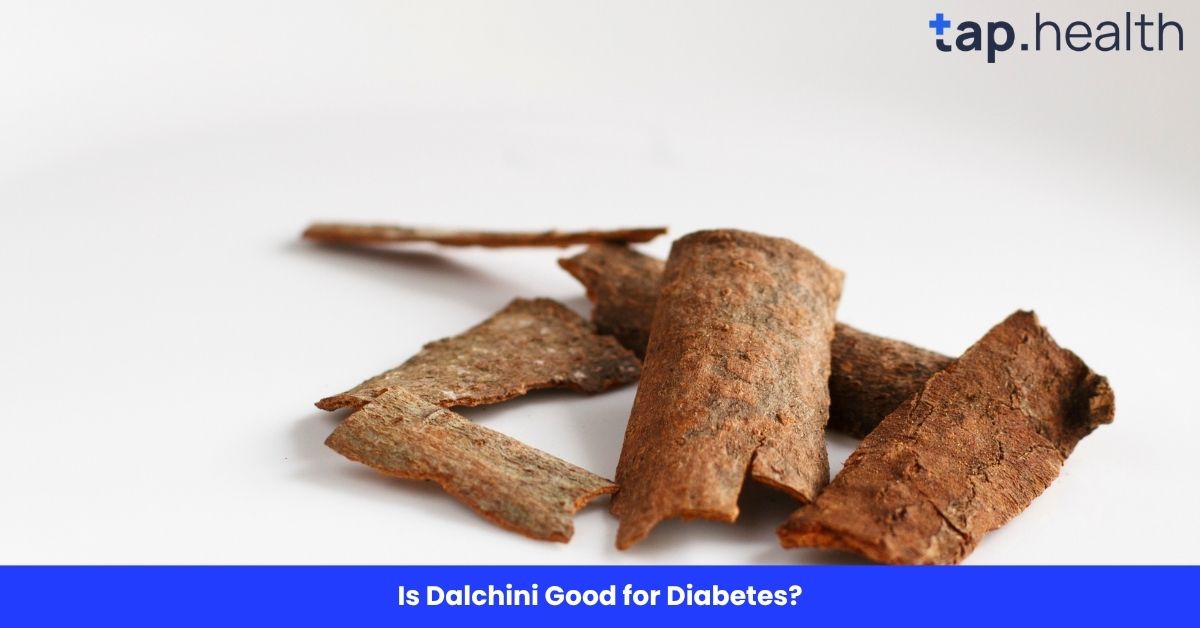Nectarines, with their juicy, sweet flesh and smooth skin, are a popular summer fruit that offers a range of nutritional benefits. For individuals with diabetes, it’s crucial to make informed decisions about the foods they consume. So, is nectarine a suitable fruit for diabetic patients? This article will explore the potential health benefits of nectarines, their impact on blood sugar levels, and how they can be incorporated into a diabetes-friendly diet.
Nutritional Benefits of Nectarines
Nectarines are not only delicious but also packed with essential vitamins, minerals, and antioxidants. A 100-gram serving of nectarine contains:
- Calories: 44
- Carbohydrates: 10.5 grams
- Fiber: 1.7 grams
- Vitamin C: 6.6 mg (about 11% of the daily recommended intake)
- Potassium: 201 mg
- Vitamin A: 11 µg
Nectarines are a good source of vitamin C, which supports immune health, and potassium, which helps regulate blood pressure and support heart health. The fiber content in nectarines also plays a role in digestive health and helps regulate blood sugar levels.
How Nectarines Affect Blood Sugar Levels
One of the main concerns for diabetic patients is how certain foods impact blood sugar levels. The glycemic index (GI) and glycemic load (GL) are key factors when determining how a food affects blood sugar.
Glycemic Index and Glycemic Load of Nectarines
Nectarines have a low glycemic index (GI) of around 43, making them a great choice for individuals managing their blood sugar. The glycemic load (GL) for a 100-gram serving is also low, at approximately 4. This means that nectarines are less likely to cause a rapid spike in blood sugar levels compared to high-GI foods.
Because of their low GI, nectarines can be safely consumed by diabetic patients, but portion control is essential to ensure blood sugar levels remain stable.
Nectarines and Insulin Sensitivity
Insulin sensitivity is an important aspect of diabetes management. People with Type 2 diabetes often experience insulin resistance, where the body’s cells do not respond properly to insulin, leading to higher blood sugar levels.
The Role of Antioxidants in Nectarines
Nectarines are rich in antioxidants, particularly flavonoids and phenolic compounds, which have been shown to have anti-inflammatory effects. Chronic inflammation is often linked to insulin resistance. By reducing inflammation, antioxidants in nectarines may help improve insulin sensitivity, potentially supporting better blood sugar control for diabetics.
Nectarines and Heart Health
Diabetes increases the risk of developing cardiovascular diseases, so it is crucial to focus on heart-healthy foods. Nectarines offer several nutrients that support cardiovascular health.
Potassium and Blood Pressure Regulation
Nectarines are a good source of potassium, which helps balance sodium levels in the body and regulates blood pressure. Maintaining healthy blood pressure is particularly important for diabetics, as high blood pressure is a common complication of diabetes.
Antioxidants for Heart Health
The antioxidants in nectarines, such as vitamin C and flavonoids, can help reduce oxidative stress and inflammation, both of which are linked to cardiovascular disease. This can help support overall heart health, making nectarines a good addition to a heart-healthy diabetic diet.
Nectarines and Weight Management
Maintaining a healthy weight is crucial for managing diabetes, as excess weight can contribute to insulin resistance and poor blood sugar control.
Nectarines for Weight Control
Nectarines are low in calories and contain a good amount of water, which helps promote hydration and satiety. The fiber content in nectarines also helps with digestion and provides a feeling of fullness, which can help prevent overeating. By incorporating nectarines into a balanced, low-calorie diet, diabetics may be able to better manage their weight.
How to Include Nectarines in a Diabetic Diet
Nectarines can be a delicious and nutritious addition to a diabetic-friendly diet. Here are some ways to incorporate nectarines into your meals:
As a Snack
Nectarines are a great option for a quick, refreshing snack. Simply wash and slice a nectarine, and enjoy it on its own. You can also pair it with a small serving of nuts for added protein and healthy fats, which can help stabilize blood sugar levels.
In Salads
Add nectarine slices to salads for a burst of natural sweetness. Combine them with leafy greens, nuts, and a light vinaigrette dressing for a nutrient-packed, blood-sugar-friendly meal.
Smoothies
Blend nectarines with other low-GI fruits, such as berries or peaches, and add some unsweetened almond milk or Greek yogurt for a hydrating and satisfying smoothie. This can be a perfect breakfast or snack option.
Grilled Nectarines
Grilling nectarines brings out their natural sweetness and flavor. Grill sliced nectarines and serve them with a dollop of Greek yogurt for a healthy, low-calorie dessert.
FAQ on Nectarines and Diabetes
Q1: Are nectarines safe for diabetics to eat?
Yes, nectarines are safe for diabetics to eat in moderation. Due to their low glycemic index, they are less likely to cause rapid spikes in blood sugar levels and can be included in a diabetes-friendly diet.
Q2: How many nectarines can a diabetic eat?
A moderate serving of nectarines, such as one medium-sized nectarine (about 100 grams), can be a healthy addition to a meal or snack. As always, it’s important to monitor portion sizes and balance nectarines with other low-carb, high-fiber foods.
Q3: Can nectarines help lower blood sugar levels?
Nectarines are not directly responsible for lowering blood sugar levels, but their antioxidants, fiber, and low glycemic index can help regulate blood sugar levels and improve insulin sensitivity.
Q4: Are nectarines better than other fruits for diabetics?
Nectarines are a good option for diabetics, but other fruits such as berries, apples, and pears may have a lower glycemic index and more fiber. It’s best to enjoy a variety of fruits in moderation for balanced nutrition.
Q5: Can nectarines help with weight loss in diabetics?
Yes, nectarines are low in calories and high in water content, making them a great snack for weight management. Their fiber content also promotes satiety, which can help control appetite and prevent overeating.
Conclusion
Nectarines are a nutritious and refreshing fruit that can be a beneficial part of a diabetic-friendly diet. With their low glycemic index, high fiber content, and rich antioxidants, nectarines support blood sugar regulation, heart health, and weight management. As with all fruits, moderation is key, but incorporating nectarines into a balanced, low-carb eating plan can help diabetics maintain overall health and better control their condition.



